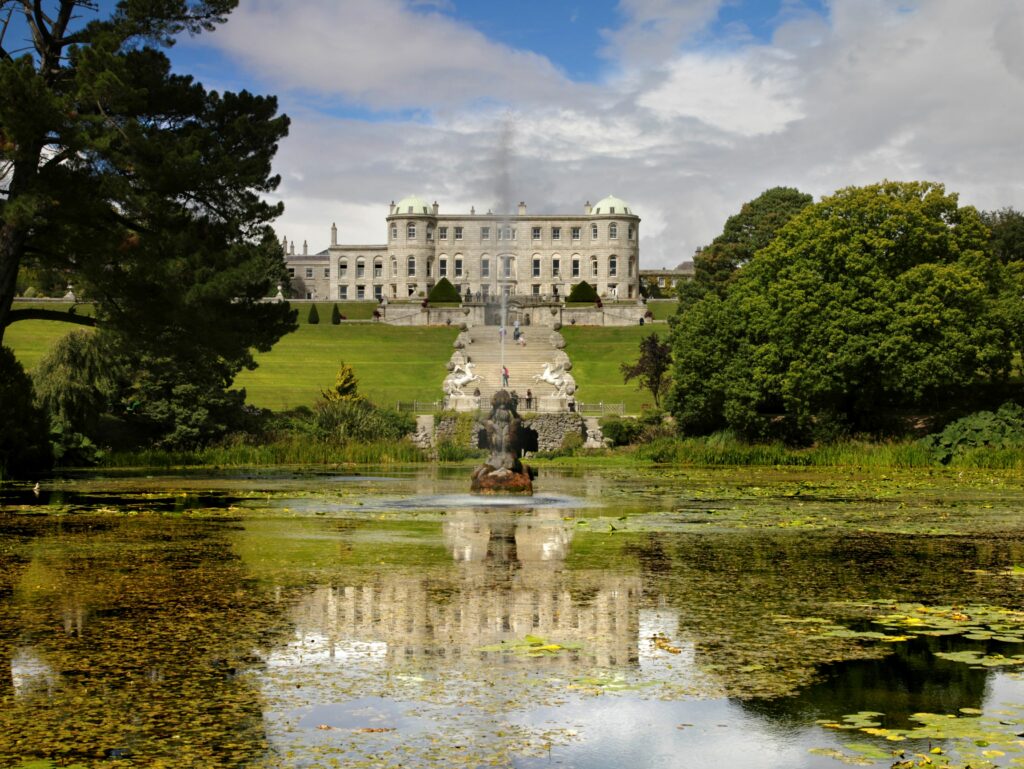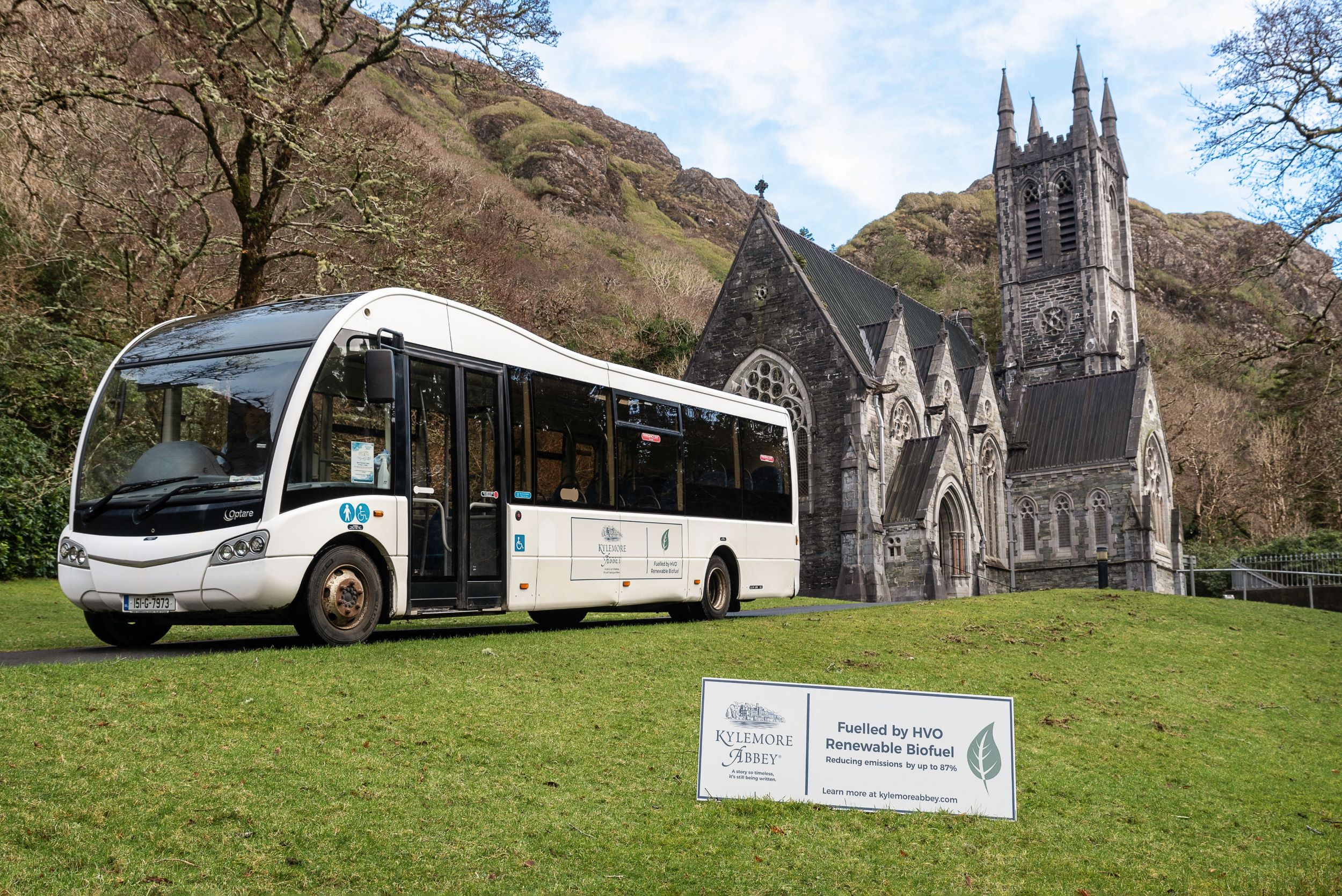The world goes green on St Patrick’s Day to celebrate all things Irish, but the island of Ireland is also going green in a different way.
Ireland has committed to cutting greenhouse gas emissions in half by 2030 and to achieving net-zero emissions by 2050. It’s a commitment that is visible right across the hospitality and tourism sectors with hotels, festivals and major attractions moving towards more sustainable practices.
Dublin City Council recently launched its designation as the 2024 ‘European Capital of Smart Tourism’, recognising its commitment to delivering a greener, more accessible, inclusive and innovative Dublin.
It is already a city that is easily explored and enjoyed in a sustainable way with an expanding public network system, over 1600 bikes in its Dublin Bikes scheme and extensive cycling routes through the city, along the Royal Canal and around Dublin Bay.
The Iveagh Garden Hotel in the city became Europe’s first sustainable hotel when it opened in 2018 and lots of others have followed suit including the Wren Hotel.
Right across the island, hotels and other types of accommodation have embraced sustainability creating a range of choices for those seeking eco-friendly stays. Among them are the luxury Salthouse Eco lodges in County Antrim ,the Falls Hotel and Spa in County Clare and the award-winning Delphi Resort in County Mayo.
Killarney, County Kerry, one of Ireland’s premier visitor destinations, has become the first Irish town to ban single-use coffee cups. The initiative will prevent over a million disposable cups ending up in landfill every year.

Another visitor favourite, multi-award-winning Powerscourt Estate and Gardens in County Wicklow, was the first major visitor attraction on the island to be certified by Sustainable Travel Ireland as meeting globally accepted standards for sustainable tourism.

Kylemore Abbey in County Galway also has its sights set on becoming a leader in sustainable tourism and recently announced that its neo-Gothic church and the estate’s fleet of shuttle buses will switch to HVO biofuel which will reduce emissions by up to 87%. The move follows extensive biodiversity work that is being carried out on the estate including removing invasive Rhododendron ponticum, planting over 200 native trees annually, and a research partnership with the University of Galway.
Powerscourt House and Gardens, Co. Wicklow.
The Irish Boat Rental Association is also switching its stock to biofuel this year so that cruising on the River Shannon and its lakes will become an environmentally friendly as well as a wonderfully relaxing experience.
Ireland is well known for its packed calendar of festivals spanning the whole year and many of them have introduced measures to reduce their carbon footprint.
The PUCA Halloween festival in County Meath has introduced reusable cups at the festival bars, more public transport to and from the festival and the events, and greener energy, among other initiatives.
Likewise, the Wander Wild Festival, an outdoors festival in beautiful County Kerry, has introduced a free sustainable bus pass to and from the basecamp, a no single-use plastic policy, onsite recycling and food tours designed to showcase the best of local and seasonal produce ensuring a minimum carbon footprint journey from producer to plate.
Ireland’s Hidden Heartlands aims to be one of Europe’s leading regenerative tourism destinations within the next 10 years. That means that visitors seeking sustainable experiences will find an increasing number of choices there as new experiences are developed.
Among the key developments is the peatland rehabilitation project, currently the biggest nature conservation project in Europe. It is working to restore Ireland’s peatlands, exploited for fuel over hundreds of years, to their natural state. They will become absorbers of carbon dioxide helping to create a greener environment and become homes for rare and endangered flora and fauna.
www.ireland.com






